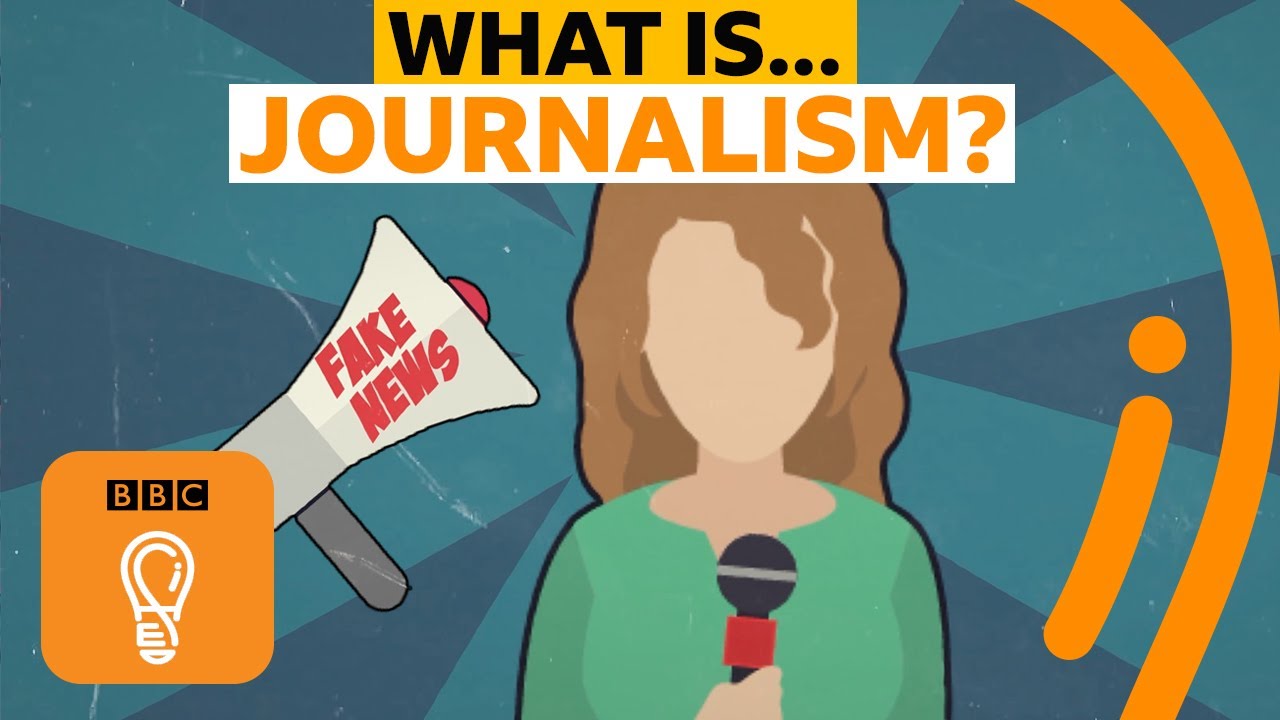The Impact Of Social Media On International News Reporting - Influence Of Social Media
In the era of digitalization, social media has become an essential platform for news reporting. With the rise of social media, traditional news outlets have started to face tough competition in the market. As a result, the impact of social media on international news reporting has become a widely discussed topic in recent years. Social media has changed the way news is produced, disseminated, and consumed.
Apr 04, 2023210 Shares2881 Views

In the era of digitalization, social media has become an essential platform for news reporting. With the rise of social media, traditional news outlets have started to face tough competition in the market.
As a result, the impact of social media on international newsreportinghas become a widely discussed topic in recent years. Social media has changed the way news is produced, disseminated, and consumed.
It has provided opportunities for individuals and organizations to share their perspectives and report on events around the world. In this paper, we will explore the impact of social media on international news reporting.
Social Media Impact On Journalism
Social media has had a significant impact on the world of journalism. It has revolutionized the way news is produced, disseminated, and consumed.
Social media platforms such as Twitter, Facebook, Instagram, and YouTube have become primary sources of news for millions of people around the world. Let's discuss the impact of social media on journalism.
One of the most significant impacts of social media on journalism is that it has made news more accessible to the general public.
With social media, news stories can be shared instantly and globally, breaking down barriers to access that were previously in place.
In addition, social media has made it easier for journalists to reach out to potential sources and engage with their audience, creating a more interactive and dynamic news environment.
Social media has also created a new form of citizen journalism, where individuals can report on events as they happen, without the need for a traditional news outlet.
This has led to an increase in the diversity of voices in the news, giving a platform to people who were previously underrepresented in the media.
Citizen journalism has played a crucial role in breaking news stories, particularly in areas of conflict, to which traditional media outlets may not have access.
The Positive Impact Of Social Media On Journalism
Social media has had a significant positive impact on journalism. With its growing influence, social media has provided a new platform for journalists and media outlets to reach out to audiences and build communities around their content. Let's discuss some of the positive impacts of social media on journalism.
One of the most significant positive impacts of social media on journalism is that it has created a new and diverse set of voices in news reporting.
Social media has given a platform for citizen journalists, bloggers, and independent content creators to share their stories with a broader audience.
This has increased the diversity of opinions and perspectives available in news reporting, providing more comprehensive and nuanced coverage of events around the world.
In addition, social media has allowed journalists to reach out to sources more quickly and easily. Social media platforms like Twitter have enabled reporters to reach out to sources, engage with their audience, and build communities around their work.
This has created a more interactive and collaborative news environment, where journalists can build relationships with their sources and better understand the perspectives of the communities they cover.
The Negative Impact Of Social Media On Journalism
Social media has had a profound impact on journalism, and while it has brought many benefits, it has also had some negative impacts on the industry. Here are a few of the negative impacts of social media on journalism:
Spread Of Misinformation
One of the most significant negative impacts of social media on journalism is the spread of misinformation. Social media has enabled the rapid sharing of news stories and information, often without any fact-checking or verification.
This has led to the spread of fake news, conspiracy theories, and hoaxes. Social media algorithms often prioritize sensational or controversial stories over factual ones, which can make it difficult to separate truth from fiction.
The Decline In Advertising Revenue
Social media has disrupted the traditional business model of journalism, which relied heavily on advertising revenue.
As more and more people turn to social media for news, traditional media outlets have seen a decline in advertising revenue, making it difficult to fund quality journalism. Social media platforms like Facebook and Google have become dominant players in the advertising market, leaving traditional media outlets struggling to compete.
Polarization Of News
Social media has enabled people to self-select the news they want to see, which has led to the increased polarization of news. Many people only see news that aligns with their political views or interests, which can lead to a lack of diversity of thought and a further divide in society.
Social media algorithms often prioritize content that generates engagement, which can result in the promotion of extremist or inflammatory content.

What is the future of journalism? | A-Z of ISMs Episode 10 - BBC Ideas
The Impact Of Social Media On International News Reporting
Social media has had a significant impact on news reporting, changing the way news is produced, disseminated, and consumed. Here are a few of the key impacts of social media on news reporting:
- Social media has enabled news to spread rapidly and reach a global audience in real time. News stories can be shared instantly, breaking down barriers to access that were previously in place. This has led to a more diverse and dynamic news environment, with a broader range of voices and perspectives represented in news reporting.
- Social media has given rise to new forms of reporting, such as citizen journalism and user-generated content. Social media platforms like Twitter and Facebook have become primary sources of news, with individuals reporting on events as they happen. This has created a more participatory news environment, with news consumers becoming active participants in the news process.
- Social media has disrupted the traditional business model of news reporting, which relied heavily on print and broadcast media. Social media has enabled the rise of digital news outlets, but these outlets often rely on advertising revenue, which can be unpredictable and insufficient to support quality journalism. This has resulted in a decline in traditional media outlets, with many closing down or merging.
- The speed and volume of news on social media have made it challenging for news outlets to verify the information. The rise of fake news and misinformation has made it more difficult to distinguish between credible and unreliable sources. Social media algorithms are designed to prioritize content that is popular or generates engagement, which can lead to the spread of false information. This has led to a growing distrust of traditional news outlets, as well as a need for greater media literacy among the general public.
- Social media has created a more interactive and dynamic news environment, with journalists and news outlets engaging with their audiences more frequently and directly. Social media has given journalists a way to interact with their readers, answer questions, and provide context for their stories. This engagement has resulted in increased loyalty from readers and a more informed public.
People Also Ask
How Has Social Media Impacted Journalism?
Social media has enabled news to spread rapidly and reach a global audience in real time, but it has also led to the spread of misinformation, a decline in traditional media outlets, and greater polarization of news.
What Is Citizen Journalism?
Citizen journalism is the reporting of news events by members of the public, often through social media platforms, without formal training or employment by traditional media outlets.
What Is The Impact Of Social Media On The News Business Model?
Social media has disrupted the traditional business model of news reporting, which relied heavily on print and broadcast media.
How Do Journalists Use Social Media?
Journalists use social media to find story ideas, gather information, connect with sources and experts, and promote their reporting.
Conclusion
I hope that you have understood the impact of social media on international news reporting. Social media has become a game-changer in the world of international news reporting. The impact of social media on traditional news outlets cannot be ignored.
It has created an environment where anyone can share their views on the news, which can often lead to a variety of opinions being presented.
This, in turn, has made it challenging for consumers to determine which information is credible and which is not.
However, social media has also provided opportunities for individuals and organizations to report on events around the world, which would otherwise go unnoticed.
Latest Articles
Popular Articles
